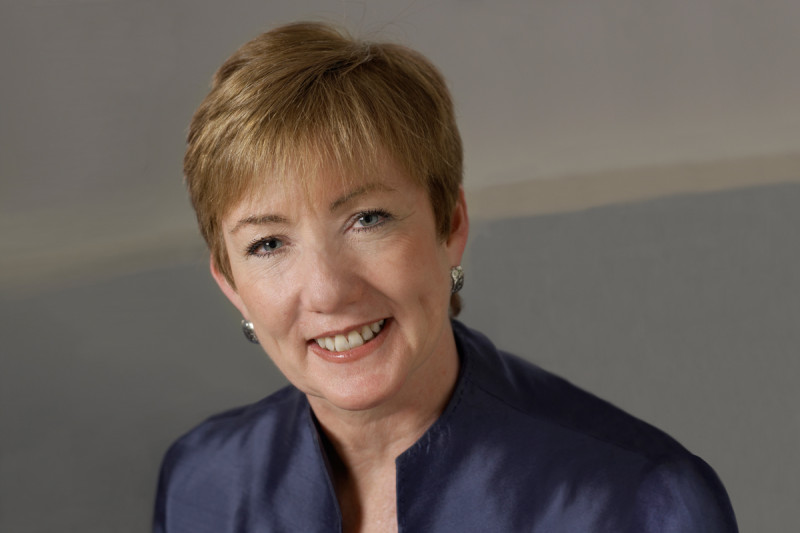
Breast-Conserving Surgery Offered to the Majority of Patients
There is concern that mastectomy is over-utilized in the United States, which raises questions about the role of surgeons and patient preference in treatment selection for breast cancer. New data from an observational study found that breast-conserving surgery was presented and provided in the majority of patients evaluated. Surgeon recommendations, patient decisions, and failure of breast-conserving surgery were all found to be contributing factors to the mastectomy rate. The findings are published in the October 14 issue of the Journal of the American Medical Association (JAMA), a theme issue on surgical care. [PubMed Abstract]
The study was lead by Monica Morrow, MD, Chief of the Breast Service in the Department of Surgery at Memorial Sloan Kettering Cancer Center, along with Steven Katz MD, MPH, and colleagues at the University of Michigan Comprehensive Cancer Center. Dr. Morrow and colleagues were interested in investigating the factors responsible for the overall mastectomy rate in the United States and why women undergo mastectomy for the initial treatment of breast cancer.
The findings suggest that surgeons are appropriately recommending breast-conserving surgery and that patient preferences play an important role in shaping the pattern of surgical treatment for breast cancer, especially in the absence of a surgeon recommendation favoring one procedure over another. This is consistent with previous studies performed by these investigators that have shown that when both procedures are medically appropriate, increased patient involvement in breast surgery decisions is associated with greater probability of mastectomy. In this study, one-third of patients appear to choose mastectomy as initial treatment when not given a specific recommendation for mastectomy by their surgeons. Researchers speculate that patients may prefer mastectomy for “peace of mind” or to avoid radiation and are often strongly influenced by concerns about disease recurrence and fear.
“Women need to understand that although it intuitively seems obvious that a bigger surgery is a better surgery-it may not be the case here. There are some patients for whom mastectomy is the best medical treatment, but when it is not indicated, women need to make sure that if they are choosing mastectomy as a matter of preference that they understand that it is not going to improve the likelihood of breast cancer survival. The risk of cancer recurring in the breast after a lumpectomy is basically no different than the risk of cancer recurring in the scar tissue of a mastectomy,” said Dr. Morrow.
Concerns about the excessive use of mastectomy for patients with breast cancer have been raised for decades despite a marked increase in breast-conserving surgery in recent years. According to a 2008 study (by the Mayo Clinic), mastectomy rates were 45 percent in 1997, dropped to 30 percent in 2003, but then increased to 43 percent in 2006.
In this new study, Dr. Morrow and colleagues found that of 1984 women aged 20 to 79 years with stage 1 and 2 breast cancer that was diagnosed between June,2005 and February,2007: 67 percent of women reported that their first surgeon recommended breast-conserving surgery and that they had successful procedures; 13 percent had mastectomies after initial surgical recommendation; 8.8 percent had mastectomies when there was no clear surgical recommendation for either procedure; and finally, an additional 8.8 percent reported having unsuccessful breast-conserving surgery that required revision with mastectomy. The results are based on data reported to the metropolitan Los Angeles and Detroit Surveillance, Epidemiology and End Results (SEER) registries.
“Our results and those from other studies we performed suggest that surgeons face special challenges in how they discuss treatment options and elicit the treatment preferences of their patients with breast cancer. Our results reinforce that both patient preferences and surgeon recommendations are powerful determinants of treatment,” said Dr. Katz, who is a professor of internal medicine and health management and policy at the University of Michigan.
“This study suggests that breast-conserving surgery has been appropriately adopted by surgeons and for most women- if they are given a specific reason why they are not a good candidate for breast-conserving surgery, a second opinion is not likely to change that,” said Dr. Morrow.
Funding for this study was provided by grants from the National Cancer Institute and the American Cancer Society to the University of Michigan. Dr. Katz was supported by an Established Investigator Award in Cancer Prevention, Control, Behavioral, and Population Sciences Research from the NCI.

